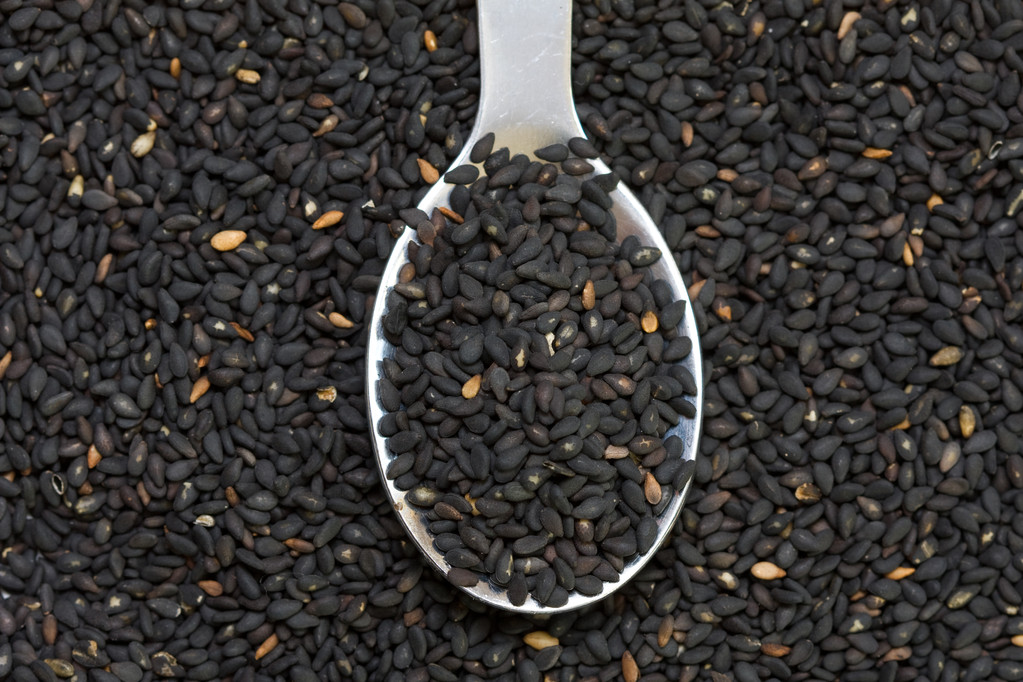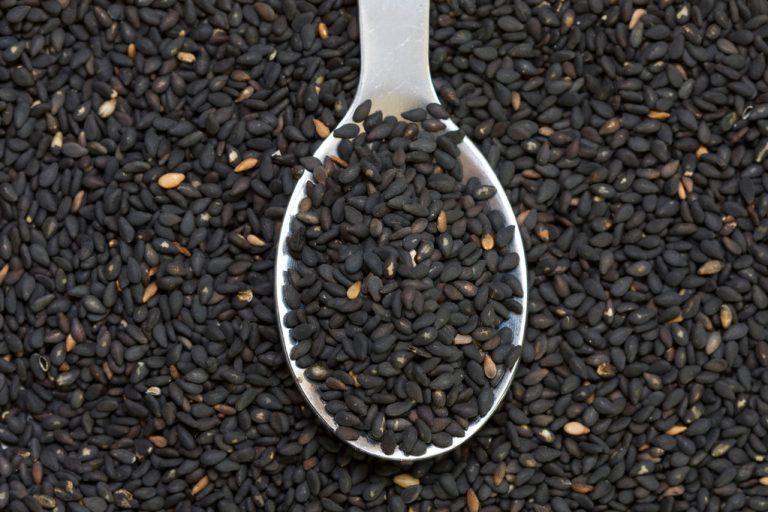Humans and animals cannot live without amino acids from food. We will show you which important functions they fulfill in our organism and which foods provide you with the essential amino acids.

The most important amino acids for us humans
Amino acids are chemical compounds that are vital for every organism. However, an amino acid does not stand alone, but joins together with others to form a chain. Proteins are formed from these chains. Therefore, amino acids are also referred to as the “building blocks” of proteins.
Depending on the structure of the chain, different proteins are formed that fulfill different functions in our organism. If there is a deficiency of one or more specific amino acids, the chains can no longer form completely, so that the function of all proteins in the body is restricted.
The body can produce some amino acids itself. Others we have to ingest daily through food. The following eight amino acids are also referred to as “essential amino acids” and are found in various foods:
isoleucine
valine
methionine
leucine
tryptophan
lysine
phenylalanine
threonine
Amino acids in food: methionine
The body needs the sulfur-containing amino acid methionine to produce the non-essential amino acid cysteine. We also need them for the construction of some protein molecules and for various metabolic processes to take place. As an antioxidant, methionine also neutralizes free radicals and thus protects us from oxidative stress.
A healthy adult should consume about 21mg of methionine per pound of body weight. However, with certain diseases, especially liver and urinary tract diseases, the daily requirement for methionine can increase.
Foods that are particularly rich in the amino acid methionine:
brazil nuts
sesame
soybeans
Peas
green leafy vegetables (e.g. spinach)
broccoli
In general, vegetable proteins consist of 0.5 to 2 percent methionine. The daily requirement for the amino acid is around 1.1 to 2.2 grams. If you only get a small amount of cysteine from food, you need a little more methionine because some of it is converted to cysteine.
Note: Animal products contain significant amounts of essential amino acids. However, the consumption of animal products is usually not sustainable and involves a lot of animal suffering. That’s why you should get most of your amino acids from plant-based foods.
Amino acid in food for a good mood: tryptophan
Tryptophan is particularly known for its mood-enhancing, calming and balancing effects. Because the body converts the amino acid to the neurotransmitter serotonin. This so-called happiness or feel-good hormone ensures a relaxed and balanced state of mind. Therefore, tryptophan is also considered a natural remedy for depressive disorders.
In addition, the amino acid is essential for a healthy sleep rhythm. This is because excess serotonin is subsequently converted into the sleep hormone melatonin. This regulates our sleeping and waking phases and thus ensures restful nights. Tryptophan also functions as a provitamin in the synthesis of vitamin B3, also known as niacin.
The daily requirement of tryptophan can vary greatly from person to person. The Federal Institute for Risk Assessment gives four to five milligrams per kilogram of body weight as a guideline.
(Plant based) foods that are considered a good source of the amino acid tryptophan:
soybeans
cashew nuts
peanuts
lenses
oatmeal
cocoa
Note: We recommend that you use organic products for a balanced diet and, above all, that you buy food from the region. In this way you avoid unnecessary pesticides and superfluous transport routes. This reduces your carbon footprint.

Amino acid for skin and bones: lysine in food
Together with some other amino acids, lysine is responsible for the formation of collagen. Collagen is a protein that is primarily responsible for building connective tissue. Lysine also promotes cell division and bone growth. These functions make the amino acid, among other things, an indispensable factor for rapid and successful wound healing.
As with most amino acids, the recommended daily dose for lysine can only be roughly specified. According to the WHO, the values are between twelve and 45 milligrams per kilogram of body weight.
You get the amino acid lysine mainly from these plant foods:
legumes
nuts
brewer’s yeast
Spirulina Algae
wheat germ

